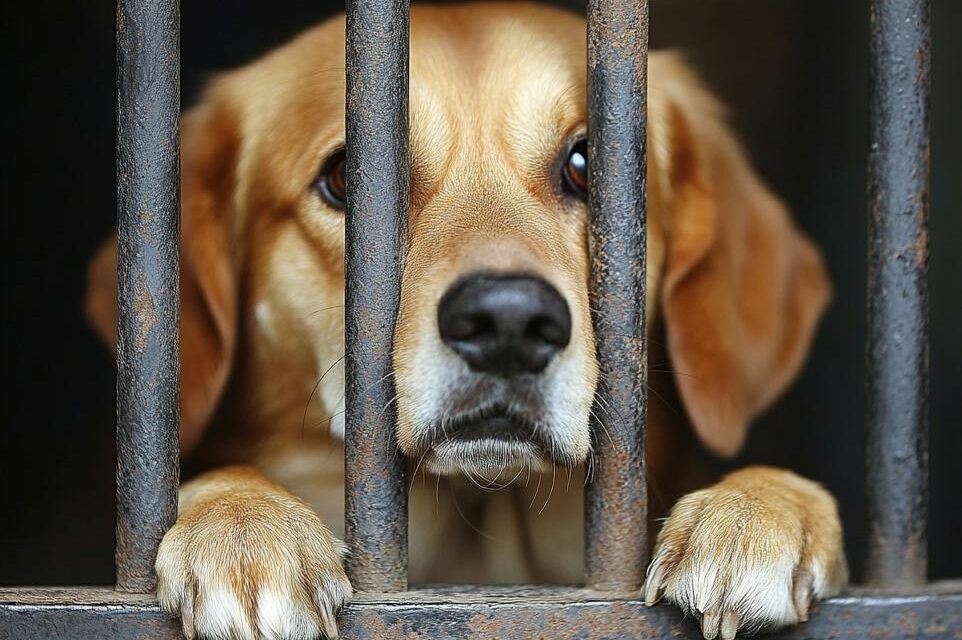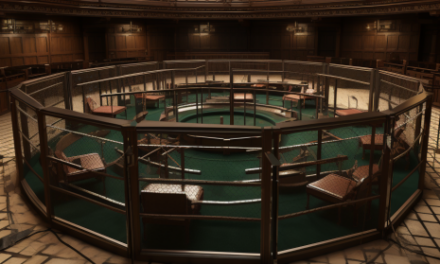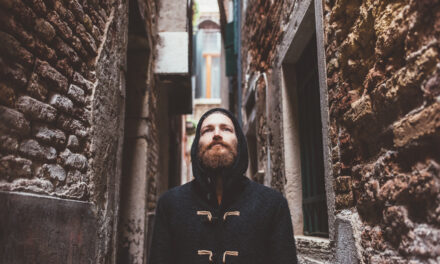A dog has been sentenced to a stint behind bars for what authorities are calling “Islamophobia.” The unprecedented case centres around a Labrador, named Max, who barked several times near a mosque.
According to reports, Max was allegedly heard barking on multiple occasions near the mosque in a suburb of London, leading local officials to label the canine’s actions as “hate speech.” This shocking turn of events comes as Keir Starmer, leader of the Labour Party, weighs in on the matter.
“The bark was clearly racist,” stated Starmer in a press conference. “It’s important we recognize that even non-human entities can perpetuate Islamophobia. We cannot allow any form of bigotry, whether it’s from people or their pets.”
The case has left many scratching their heads, trying to understand how a dog’s barking could be classified as discriminatory. Legal experts are puzzled, while animal rights activists are up in arms over what they’re calling a gross miscarriage of justice.
“It’s absurd,” exclaimed one frustrated animal rights lawyer. “What next? Are we going to jail cats for their disdainful looks?”
In response to the outrage, the local council has assured the public that the decision was made in the interest of promoting “a culture of respect and inclusivity.” Max’s owner, however, is bewildered and plans to appeal the decision.
“This is a bizarre and frightening precedent,” the owner said. “My dog was just barking, not leading a hate rally.”
In the meantime, the Labour Party is reportedly drafting new guidelines to ensure that every bark, growl, and howl is closely monitored for potential biases. “We are committed to rooting out Islamophobia wherever it may lurk,” added Starmer.
As Max serves his sentence, society is left to grapple with this latest example of overreach in the fight against discrimination. The case raises pressing questions about the lengths to which authorities are willing to go in their quest for a perfectly inclusive world.
For now, one can only hope that this is not the beginning of a slippery slope where even the most mundane aspects of daily life become subject to scrutiny for hidden biases.
















